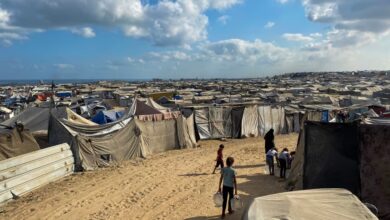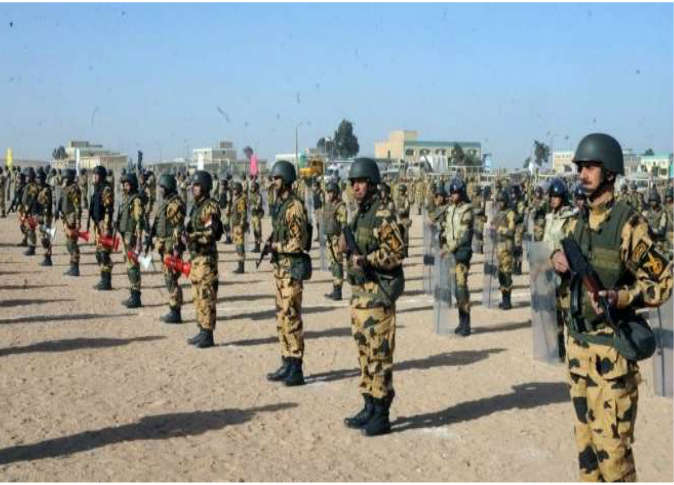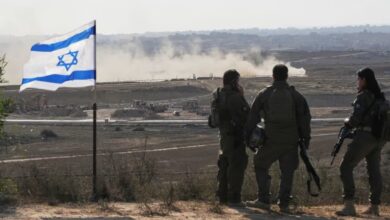A Saudi cleric has issued a religious edict allowing Muslim worshipers in areas of Saudi Arabia that experience unusually high temperatures to delay performance of the duhr–or noon–prayer.
The cleric, Abdel Muhsen el-Abiki, who also serves as a counselor in the Saudi Royal Court and the Ministry of Islamic Affairs, also requested that a general edict be issued to mosques instructing them to postpone the performance of noon prayers to immediately before the evening prayer to allow daytime heat to dissipate.
“The Ministry of Islamic Affairs needs to study the matter and the possibility of issuing a general edict to mosques in hot areas in accordance with the Sunna [the sayings and deeds of the Prophet Muhammed] in this matter,” said el-Abiki. “When most of Saudi Arabia is seeing such high temperatures, we must follow the Sunna that allows prayer to be delayed in times of extreme heat.”
Abdel Muati Bayoumi, professor of theology and philosophy at Al-Azhar, announced his support for the edict.
“There is nothing in Islamic doctrine preventing the delay of the noon prayer until the temperature drops,” he told Al-Masry Al-Youm. “The Prophet–peace and prayers be upon him–would delay the noon prayer in Medina in times of extreme heat, and the Islamic scholars who followed supported the Prophet’s–PBUH–example.”
Likewise, Gouda Abdel Ghani Basyouni, dean of religious law at Al-Azhar, also stated his support for el-Abiki’s edict.
“There is a long period of time during which it is permissible to perform the noon prayer,” Basyouni said. “In cases of extreme heat, it is permissible to perform the noon prayer just before the evening prayer.”
Translated from the Arabic Edition.




